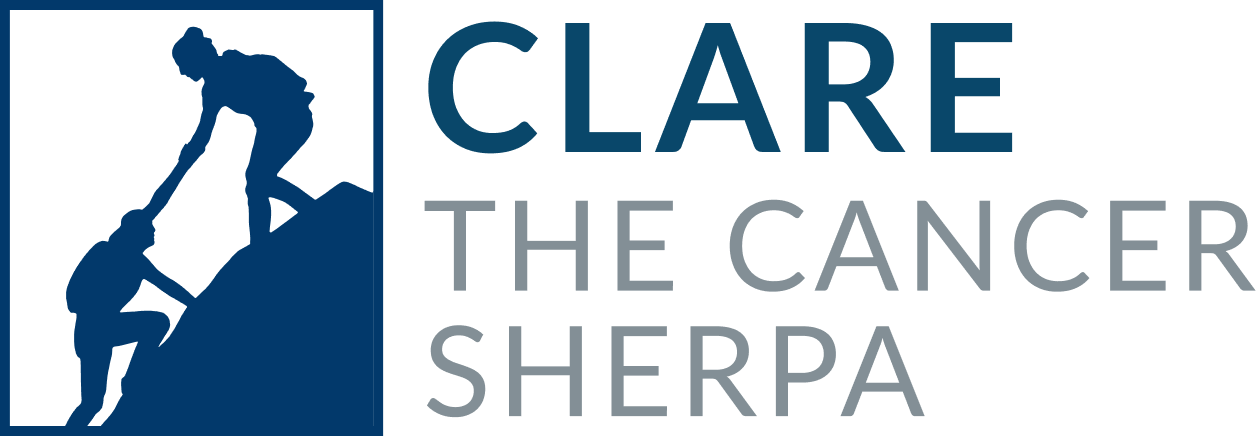What a difference a year makes! Americans get to celebrate their country’s 245th year of independence together, in person, despite the global COVID-19 pandemic. What do all 50 states have to thank for being in various stages of reopening? The COVID-19 vaccine, of course! 47% of Americans over the age of 12 have been fully vaccinated and can make the most of this holiday weekend. However, Americans who cannot get vaccinated, specifically fellow citizens under 12 and those over 12 with certain health conditions, are having their holiday freedom hindered by the hypertransmissible Delta strain of COVID, known as the Delta variant. Never fear, Cancer Sherpa is here to arm you with all the necessary knowledge to maintain everyone’s independence from the Delta variant this Fourth of July.
What is the Delta variant?
- The Delta variant, also known as B.1.617.2, is a randomly mutated strain of the original COVID-19 virus
- 3 US vaccines protect against Delta variant, especially 2-dose mRNA vaccines
- Vaccinated are at low risk of contracting, developing severe illness from, or transmitting Delta strain
- 50% more contagious than the Alpha variant, the predominant strain in the US, which is 60% more contagious than the COVID-19 virus
- 50% higher risk of hospitalization than the Alpha variant
- Originated in India
- Found in 92 countries
- Dominant strain in India and Britain
- CDC, NIH, and Surgeon General confirm will become the dominant COVID strain in US
- Currently accounts for 1 in 4 genetically sequenced COVID cases in US
- Presents with different symptoms:
- Headaches
- Sore throat
- Runny nose
- 1,000 counties in US with <30% vaccination rated and other high-risk pockets are highly vulnerable to outbreaks and high rates of hospitalizations in the coming months
What should you do?
- Vaccinated Household
- Nothing! Go, enjoy your freedom!
- If you are in 1 of the 1,000 US counties that has a less than 30% vaccination rate or are in a high-risk area, such as LA County,
- Check your local guidance
- Consider wearing a mask
- Indoors (not inside household)
- Outdoors in large, dense crowds
- Practice social distancing
- Mixed Vaccinated Household
- Vaccinated should consider wearing a mask
- Indoors (not inside household)
- Outdoors in large, dense crowds
- Any high-risk area
- At a job that requires a high degree of exposure, others with unknown vaccine status
- Practice social distancing
- Unvaccinated
- Outdoors
- No Mask
- Walk, run, or bike with members of your household
- Attending small, outdoor gathering with fully vaccinated family and friends
- Mask-Up
- Attend small, outdoor gathering with fully vaccinated and unvaccinated people
- Dine at an outdoor restaurant with friends from multiple households
- Attend a crowded outdoor event
- Live Concert or Performance
- Festival
- Parade
- Sporting Event
- No Mask
- Indoors
- Mask-up for ALL indoor activities, including a small, indoor gathering in your home with people outside of your household
- Public and private transportation provided outside of the household
- Outdoors
- Vaccinated should consider wearing a mask
- Unvaccinated households
- Vaccinate all eligible members of the household
- Follow CDC guidelines above for unvaccinated Americans
Interested in more info? Check out The New York Times’ The Daily podcast breaking down global, national and local guidance.

